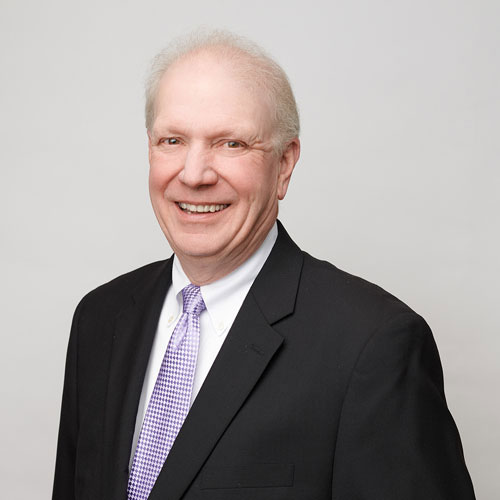Federal Circuit Rejects “Should Have Known” Standard for Proving Intent to Deceive in Trademark Fraud Cases — In re Bose Corp. (Appeal No. 2008-1448)
TTAB Ruling
On August 31, 2009 the Federal Circuit overturned a decision by the USPTO’s Trademark Trial and Appeal Board (TTAB or Board) ordering cancellation of Bose’s WAVE trademark registration for fraud.
Bose filed a renewal application for the WAVE trademark claiming that the mark was in use in commerce on all of the goods recited in the registration – including audio tape recorders and players that were no longer being manufactured or sold by Bose. Instead, these goods were being repaired by Bose under warranty. Bose filed an opposition against an application for the HEXAWAVE trademark, and the applicant counterclaimed for cancellation of the BOSE registration due to fraud committed in the renewal application. The TTAB found that Bose had committed fraud in the renewal application by virtue of the false statement that the mark was in use in commerce with all of the goods and cancelled the WAVE registration.
Fraud has long been part of the trademark law. It is a ground for filing a petition to cancel a registration at any time 15 U.S.C. §1064(3). It is also a basis to raise a defense or defect against an incontestable registration – 15 U.S.C. §1115(b)(1). Likewise, under the Lanham Act, one who procures a registration by fraud is liable in damages to any person injured thereby – 15 U.S.C. §1120.
Fraud Standard
The TTAB based its fraud decision in the Bose case on a line of TTAB cases which started at least as early as 2003 with Medinol Ltd. v Neuro Vasx Inc., 67 USPQ2d 1205 (TTAB. 2003). In Medinol, the TTAB entered summary judgment that the registrant’s erroneous inclusion in its specification of goods of a product on which it in fact had not used the subject mark was a material misstatement that constituted fraud. The Board’s fraud standard in the Medinol case (and the Bose case) was, in turn, taken from a 1973 case, Western Farmers Ass’n v. Loblaw Inc., 180 USPQ 345, 347 (TTAB 1973):
Proof of specific intent to commit fraud is not required, rather, fraud occurs when an applicant or registrant makes a false material representation that the applicant or registrant knew or should have known was false
However, notwithstanding the Western Farmers precedent, the Medinol decision departed from a number of prior CCPA and TTAB precedents applying a very strict standard for finding fraud (i.e., that “fraud be proved to the hilt” and finding that a material misrepresentation did not necessarily constitute a fraudulent misrepresentation if it was not made with intent to deceive). The Medinol doctrine presumed fraud based upon a showing of a material mistake made in a sworn statement to the PTO which resulted in the grant of the registration, even if there was no proof of intent to deceive on the part of the person making the statement. Per the TTAB in Medinol and its progeny, if an applicant or registrant “should have known” that a material statement was false (for example, a statement that the mark was in use in commerce for all goods in a registration when it was only in use for some goods), then the registration would be cancelled on the ground of fraud.
In the Bose case, the mistake was made in a statement of use – checking a form box that alleged that all of the goods recited in the application were in fact, in use in commerce – a false statement. This material false statement led to issuance of the registration – which was then cancelled by the TTAB.
Federal Circuit Changes Fraud Standard
In the Bose WAVE case, the Federal Circuit essentially turned back the clock to the fraud standard that prevailed in the CCPA, Federal Circuit and TTAB prior to Medinol. That is, it found that “By equating ‘should have known’ of the falsity with a subjective intent, the TTAB erroneously lowered the fraud standard to a simple negligence standard.” A trademark is fraudulently obtained “only if the applicant or registrant knowingly makes a false, material representation with the intent to deceive the PTO.” The Federal Circuit determined based on the statements in the record that even though the affiant in the Bose case had made a material false statement, that there was no proof of intent to deceive. Thus, the Court held that Bose did not commit fraud in renewing its WAVE trademark and the Board erred in canceling the mark in its entirety. The case was remanded to the TTAB to amend the registration to delete the goods no longer in use in commerce.
This alert was written by Ernest V. Linek
Posted: September 2, 2009


